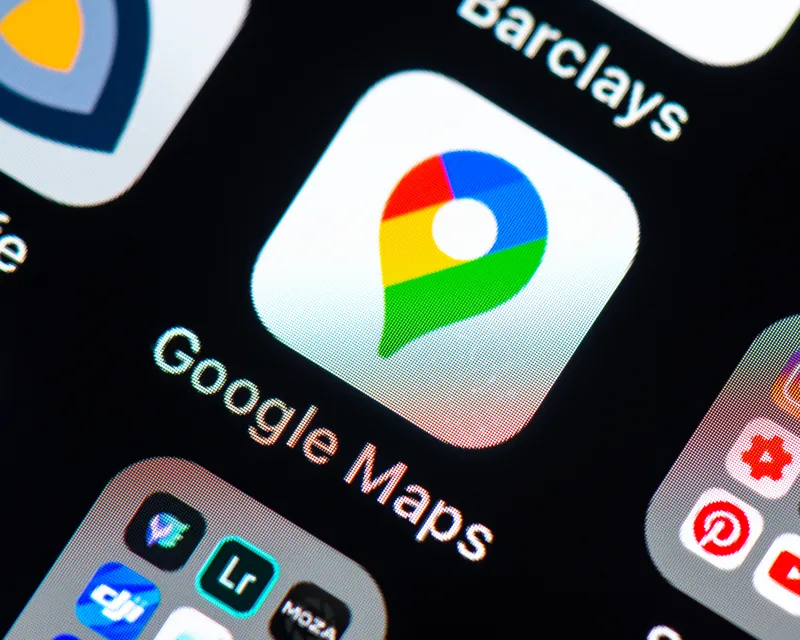San Francisco City Attorney Dennis Herrera has issued an immediate cease-and-desist demand to Monkey Parking, a mobile peer-to-peer bidding app that enables motorists to auction off the public parking spaces their vehicles occupy to nearby drivers.
A letter issued by Herrera's office to Paolo Dobrowolny, CEO of the Rome, Italy-based tech start-up, cites a key provision of San Francisco's Police Code that specifically prohibits individuals and companies from buying, selling or leasing public on-street pa
June 25, 2014
Read time: 2 mins
San Francisco City Attorney Dennis Herrera has issued an immediate cease-and-desist demand to Monkey Parking, a mobile peer-to-peer bidding app that enables motorists to auction off the public parking spaces their vehicles occupy to nearby drivers.
A letter issued by Herrera's office to Paolo Dobrowolny, CEO of the Rome, Italy-based tech start-up, cites a key provision of San Francisco's Police Code that specifically prohibits individuals and companies from buying, selling or leasing public on-street parking.
Herrera's cease-and-desist demand to Monkey Parking includes a request to the legal department of Apple, which is copied on the letter, asking that the technology giant immediately remove the mobile application from its App Store for violating several of the company's own guidelines which provide that "Apps must comply with all legal requirements in any location where they are made available to users" and that "Apps whose use may result in physical harm may be rejected."
Motorists face penalties of up to US$300 for each violation. Because Monkey Parking's business model is wholly premised on illegal transactions, the letter contends that the company would be subject to civil penalties of up to US$2,500 per violation under California's tough Unfair Competition Law were the city to sue.
"Technology has given rise to many laudable innovations in how we live and work—and Monkey Parking is not one of them," Herrera said. "It's illegal, it puts drivers on the hook for US$300 fines and it creates a predatory private market for public parking spaces.”
A letter issued by Herrera's office to Paolo Dobrowolny, CEO of the Rome, Italy-based tech start-up, cites a key provision of San Francisco's Police Code that specifically prohibits individuals and companies from buying, selling or leasing public on-street parking.
Herrera's cease-and-desist demand to Monkey Parking includes a request to the legal department of Apple, which is copied on the letter, asking that the technology giant immediately remove the mobile application from its App Store for violating several of the company's own guidelines which provide that "Apps must comply with all legal requirements in any location where they are made available to users" and that "Apps whose use may result in physical harm may be rejected."
Motorists face penalties of up to US$300 for each violation. Because Monkey Parking's business model is wholly premised on illegal transactions, the letter contends that the company would be subject to civil penalties of up to US$2,500 per violation under California's tough Unfair Competition Law were the city to sue.
"Technology has given rise to many laudable innovations in how we live and work—and Monkey Parking is not one of them," Herrera said. "It's illegal, it puts drivers on the hook for US$300 fines and it creates a predatory private market for public parking spaces.”








